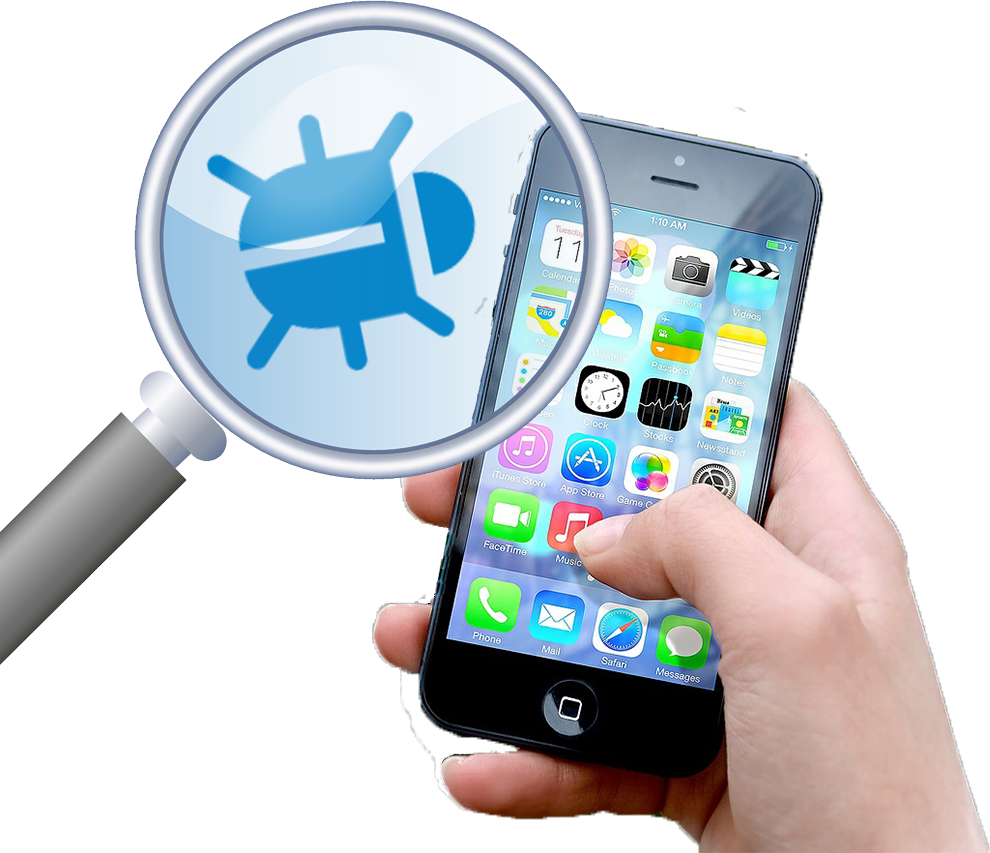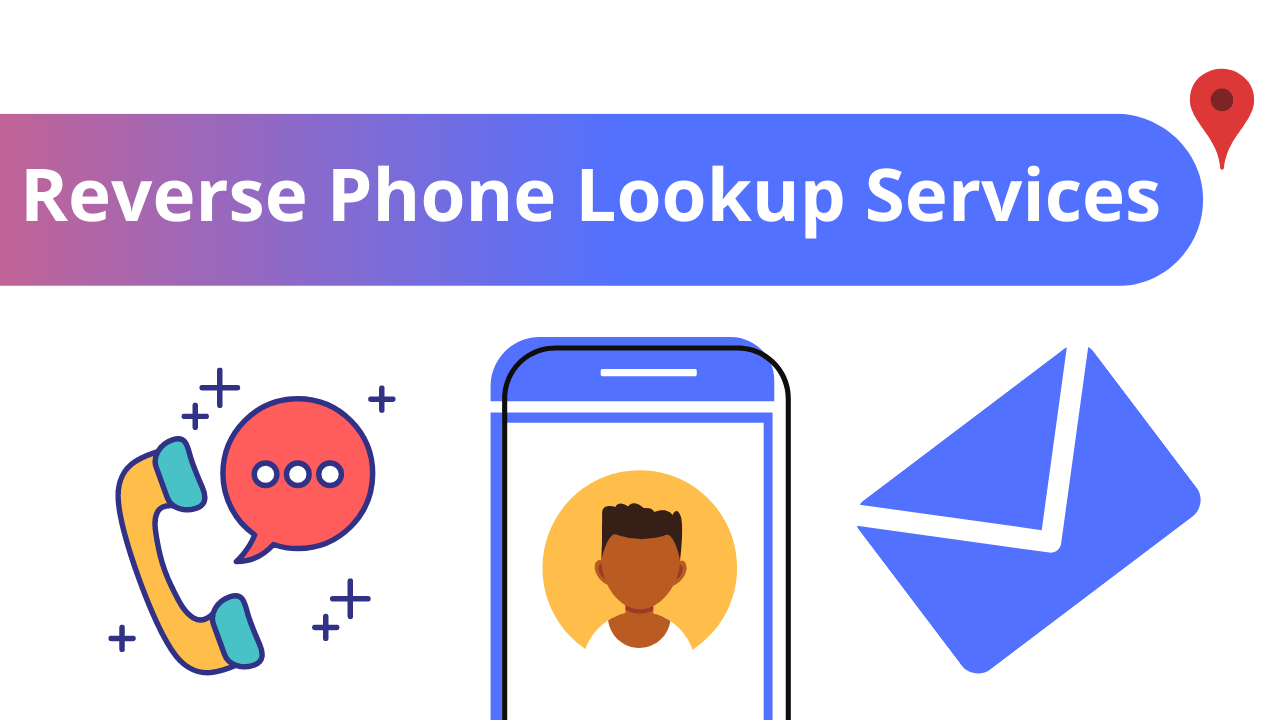
Testing is the only key to launch a successful mobile application in the market. It is a must for any mobile application developing company to chalk out a road-map for a multi-layer application testing plan before it is launched in the market. QA and testing experts are leaving no stone unturned to deliver faultless mobile application to its consumer.
Mobile application is the driving force for the market growth of smartphones, tablets and other mobile devices. And what makes them so successful and popularly loved is their seamless functionality, and user-friendly experience. To develop an high-end features for any mobile app is considered to be a sign of your technology development. But until it doesn’t meet the basic requirement of your target customers, the application is just a trash with minimal usability.
Technically any mobile application testing process includes test cases (sets and subsets), conducts user acceptance testing, device load and performance testing stage. But there are few major challenges that every mobile application testing process. Common mistakes which every tester does while executing a software testing process for mobile applications. Take a look at the below mentioned top five challenges that every mobile application tester has to overcome to launch a ‘faultless’ application in the market;

Maintain Credibility:
Bad quality may cause trouble to the reputation of the company and brand. In the era of millions of charts, lists and reviews there hasn’t been a case when a company released a low-quality app and people didn’t find out about it. The influence of bad reviews can be drastic. The goal of any application testing exercise is to understand the quality and performance of features offered.
Fragmentation. Mobile devices change and improve with unprecedented speed. Annually hundreds on new devices appear on the market. Different screen sizes, form-factor’s and the variety of OS often cause problems to apps.
Time-frame: Urgency needs to be fast, extremely fast to move with the times. Teams should create design, write code, test and release an application within a very short period of time.
Geographical limitations:
Localization. If there is no possibility to test software in real local environment, testers should have an opportunity to perform test cases remotely. Otherwise your end-user experience will differ from testing results.
Building User Experience
User experience is the key to a mobile application’s success. The process of app development requires different experts. This includes analysts, designers, and developers on top in the list. While each of them does their work exceptionally, it eventually lands on the tester to evaluate the mobile app. He needs to go thoroughly through each and every aspect.
Awareness
A mobile app tester needs to stay updated with the current and innovative testing approaches. This can start with the operation of mobile app and can include everything up to the data functionalities with the environment.
Let us understand that mobile functionalities can change according to contexts with different data, eventually inviting an entirely new scenario for the testing process.
Apart from this, the changing arena of smartphones further complicates the situation. The tester also needs to stay updated with this in order to mold the testing methodologies.
Automation
The most crucial part of mobile app testing is the test automation. While the market has a big list of tools available to serve this purpose, the tester needs to have an understanding of which tool can help him in executing the process.
Automation Mobile App Testing
The decision is based on the operating system the application belongs to, followed by the fact that the tool is free or paid. Let us suppose that you aren’t finding an appropriate free tool for the tests you need to conduct, ask yourself if a paid tool is worth the money. These are some crucial challenges that an app tester has to face while testing the mobile application.

Device Based mobile app testing
The process might prove to be costlier in comparison to emulation method, as it verifies device based functions and other important QoS parameters. However, for successful execution, this largely depends on the swift changes in the mobile devices and the platforms.
Once again, to cope with this, it is important for a tester to stay updated with the latest trends in the industry. Keeping them together, he needs to test the mobile application.
Device-Based Testing
To set up an in-house mobile testing laboratory for multiple devices could be a big challenge. As it involves more costing than emulation method, as it verifies device specific functions and other parameters. However, the testing process involves few permutation and combination for successful execution; this largely depends on the swift changes in the mobile devices and the platforms. Once again, to cope with this, it is important for a tester to stay updated with the latest trends in the industry. Keeping them together, he needs to test the mobile application.
Network Connectivity, Functionality and Compatibility
The functionality of any mobile applications primarily depends on their connectivity and compatibility on various network such as 3G/4G/5G. Also, there are good chances that your app users might be dependent on a 2G network. The tester has to verify and validate that the application works smoothly on all the networks. However, the tester has to ensure that he executes the test cases on all the network types which is extremely for any application to run successfully.
Unique features makes testing process more ‘Complex’
Conventional manual testing cannot match the pace of advancement in mobile industry. Every single day we notice new apps with multiple features added to it almost every quarter. Mobile industry has evolved from being basic mode of communication towards high-end smart features. And thus , to test these complexities is sure a big challenge for any mobile app tester. Including location recognition, cloud, networking, UI/UX in gaming, real-time events, pop-ups, transactional features, and other ultra attributes makes both manual and automated testing way more complicated.
However, the biggest challenge for mobile application testing is to understand from users’ perspective, market insights, and keeping up with competitors. Considering aforementioned business value a tester can execute the testing process for mobile application. If at all he misses out on even single value it can app tester has to conduct the tests. Even the slightest mistake in this can result in poor user experience. Mobile testing requires in-depth testing in multiple areas like technology, hardware, usability, user experience.
For more information visit QualiTest Group




